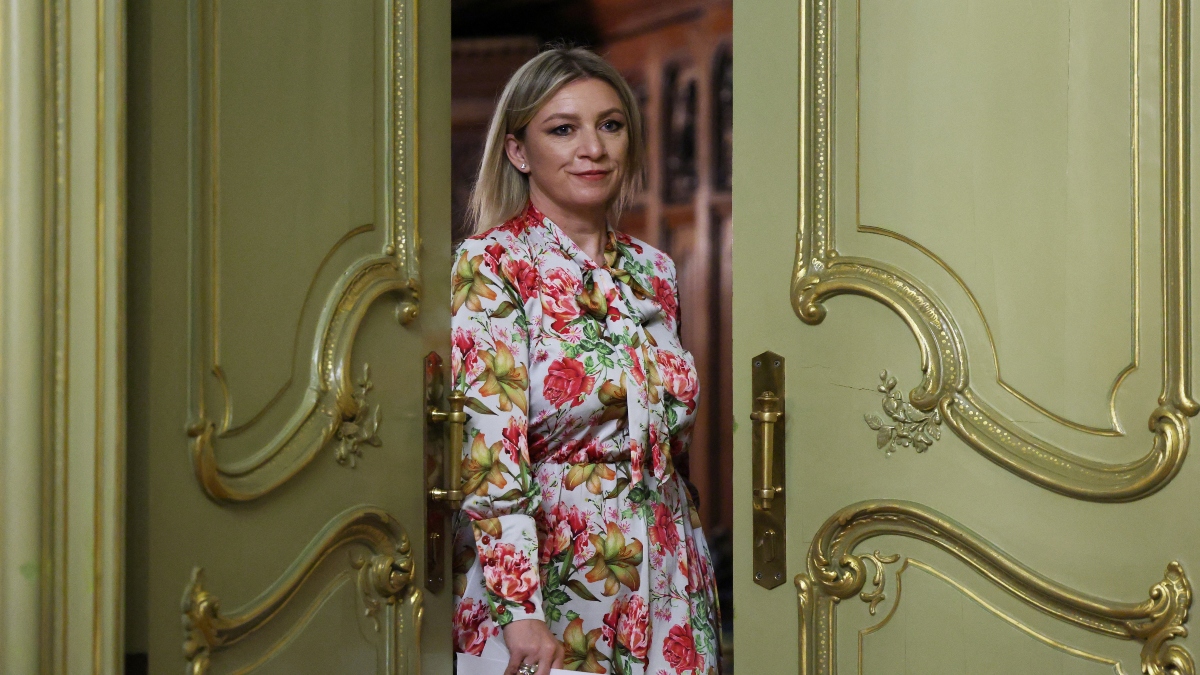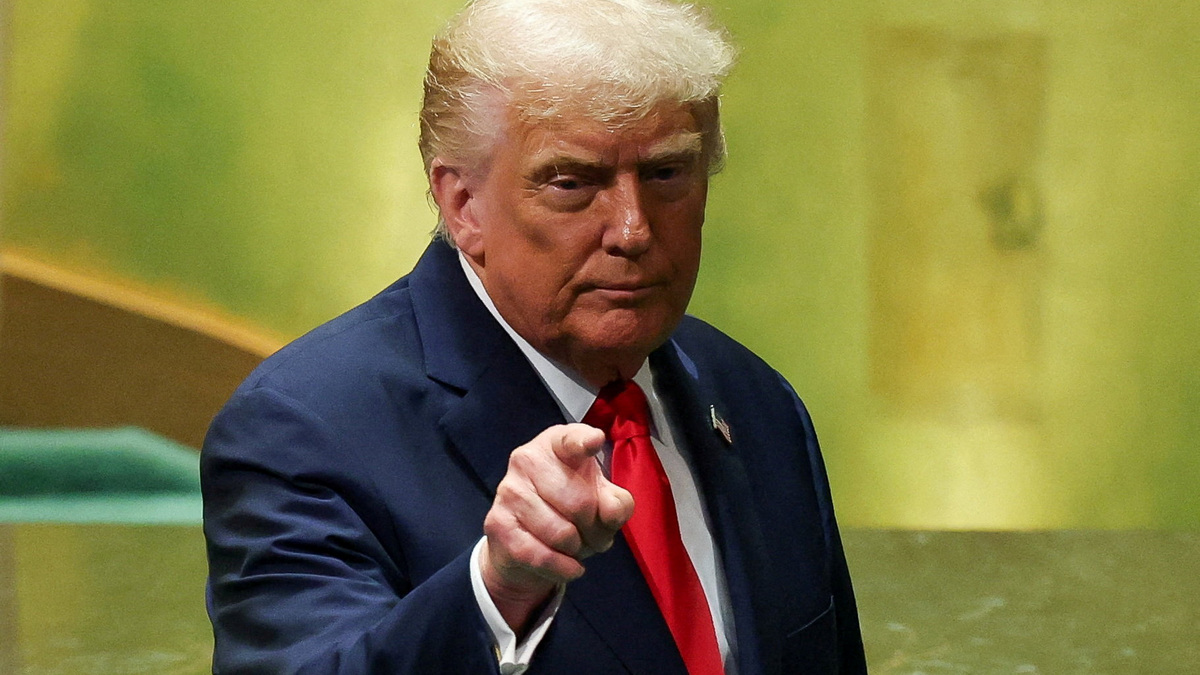Moscow rejects Cold War comparisons, calling the current standoff with the West an active conflict amid rising tensions over Ukraine, Nato, and alleged sabotage claims
Russia on Thursday dismissed the notion of a “Cold War” with the West, declaring the current standoff a “fiery” conflict and accused the European Union and Nato of spreading false claims about alleged Russian sabotage operations to justify massive military expenditures.
The war in Ukraine — the deadliest conflict in Europe since World War II — has triggered the most serious confrontation between Russia and the West since the Cuban Missile Crisis in 1962.
“I would disagree with the comparison with the Cold War,” Reuters quoted Russian Foreign Ministry spokeswoman Maria Zakharova as telling reporters when asked if there was now a new Cold War with an “Iron Curtain”-like drone wall being built in Europe.
“We are already in another form of conflict. There has been no cold here for a long time; there is already fire here,” she added.
Less than two months after US President Donald Trump met Russian President Vladimir Putin at a summit in Alaska, prospects for peace appear to be fading further.
Russian forces are making continued gains in Ukraine, Russian drones are reportedly entering Nato airspace, and Washington is now weighing direct involvement in strikes deep within Russia — the world’s largest nuclear-armed state.
Responding to European accusations of Russian airspace incursions, sabotage, and cyberattacks on critical infrastructure, Zakharova dismissed the claims as unfounded.
She alleged that the EU and Nato are using such allegations to set the stage for “provocations” against Moscow.
“All their statements indicate – first, that they are preparing a chain of provocations. Second, that they need to justify their military budgets,” Zakharova said.
Former US President Joe Biden, along with Western European leaders and Ukraine, has consistently framed the war in Ukraine as an imperial-style land grab by Russia, vowing repeatedly to ensure Moscow’s defeat.
Russian President Vladimir Putin, meanwhile, presents the conflict as a turning point in Moscow’s relationship with the West.
He argues that Russia was humiliated following the 1991 collapse of the Soviet Union, citing Nato’s eastward expansion and Western involvement in countries like Ukraine and Georgia — territories he views as within Russia’s traditional sphere of influence.
With inputs from agencies
End of Article

)
)
